How to Avoid Poor Communication Skills at Work
Poor communication skills in the workplace often lead to missed project deadlines, unproductive teams, and client complaints. In this article, we’re giving you a cheat sheet you can use to identify and avoid poor communication skills at work. Help both your teams and your stakeholders succeed with these practical solutions to common miscommunications outlined below. Afterward, keep reading to learn more about how UDN Task Manager ’s project management tool makes staying on top of communication effortless.
What is miscommunication?
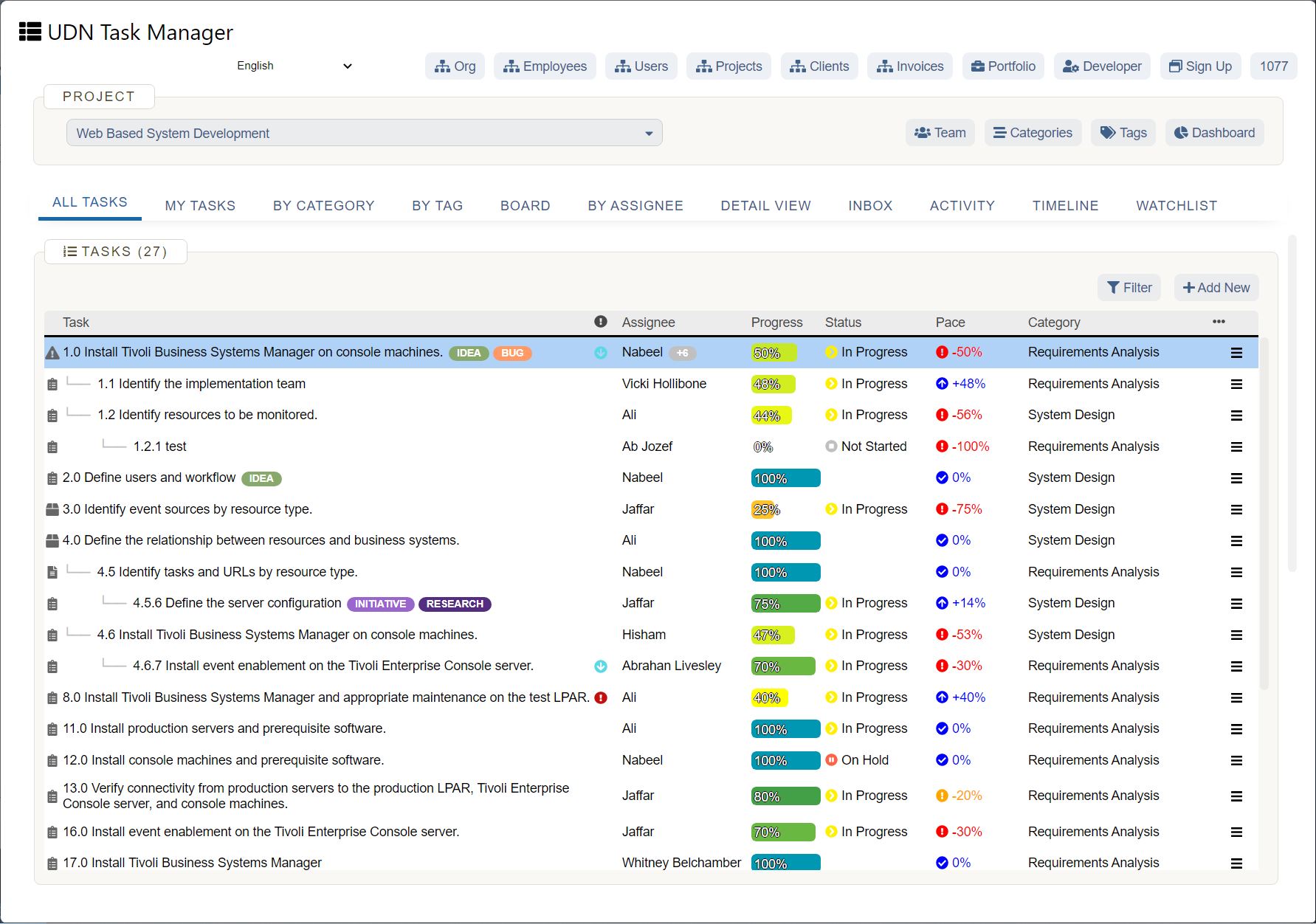
Miscommunication is a type of communication breakdown that occurs when one party can't provide the proper information to another party for any number of reasons. It’s not always obvious when a miscommunication occurs. Sometimes the realization happens in the moment, so the person can correct themselves. But more often than not, one or both parties don’t realize the error until after something has gone wrong.
What are the different types of miscommunication?
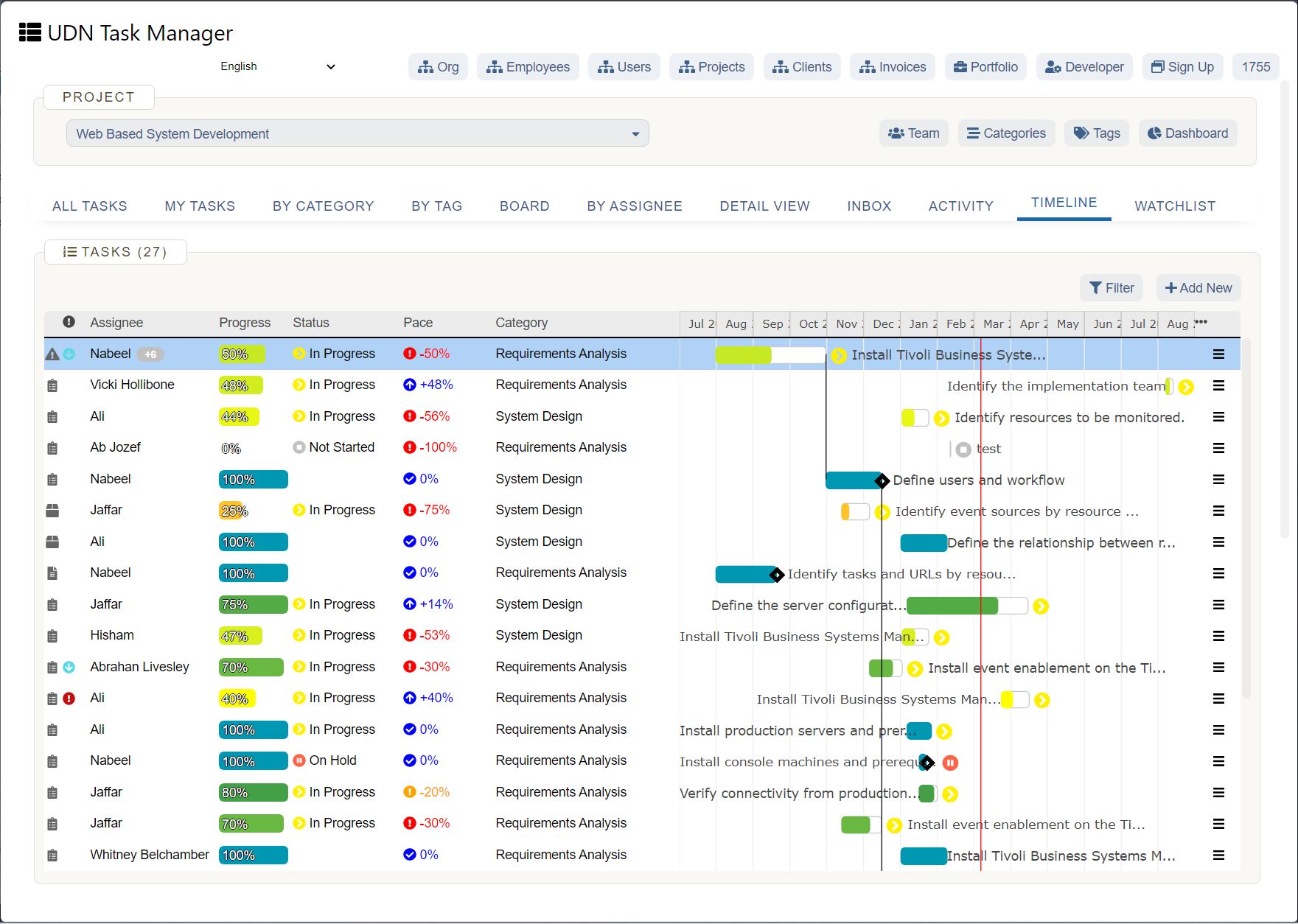
What are the common causes of poor communication?
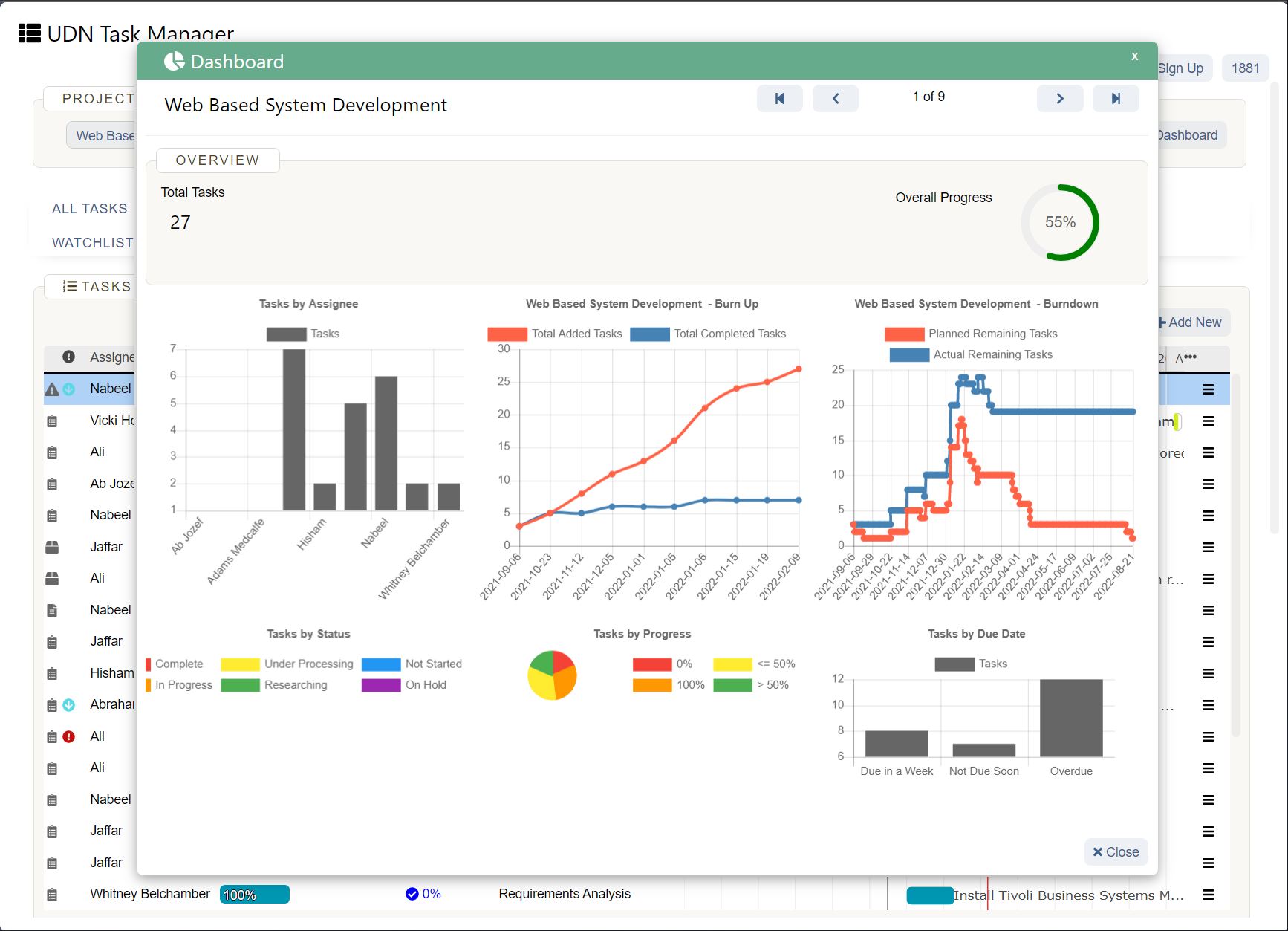
From the top down, good communication is key to attracting and keeping good employees. Unfortunately, many leaders are not as good at communicating as they should be. The good news is that managers can easily adjust their actions to better align with their goals by following this simple communication red flag checklist:
Whether it’s an office romance turned sour or an environment in which employees simply don’t like one another, interpersonal communication plays a large role in project success. Even if your team doesn’t have natural chemistry, it’s leadership's job to help them get along.
It's powerful for businesses to have goals and objectives, as they help employees focus on achieving desirable results. The issue is that many organizations fail to provide clear and consistent direction to their employees.
Feedback is often provided by a project manager to help people understand their performance. It provides vital information to make important business decisions in the future. Top performers regularly utilize feedback to improve their work performance. Point out good behaviors to employees too so that those actions become habits for them in the future.
When employees lose interest in their work, they are often considered demoralized. This can lead to an employee becoming irritable and unproductive, which can affect companywide performance. Restoring employee morale involves reevaluating the culture and thinking about how to create a conducive environment for employees to thrive.
As more people choose to work in diverse environments, this has raised the potential for communication issues. For instance, one person from a certain background may relay a message differently to another person from a different background. HR training and mediation are key for solving these miscommunications before they get out of hand.
What are the consequences of a lack of communication in the workplace?
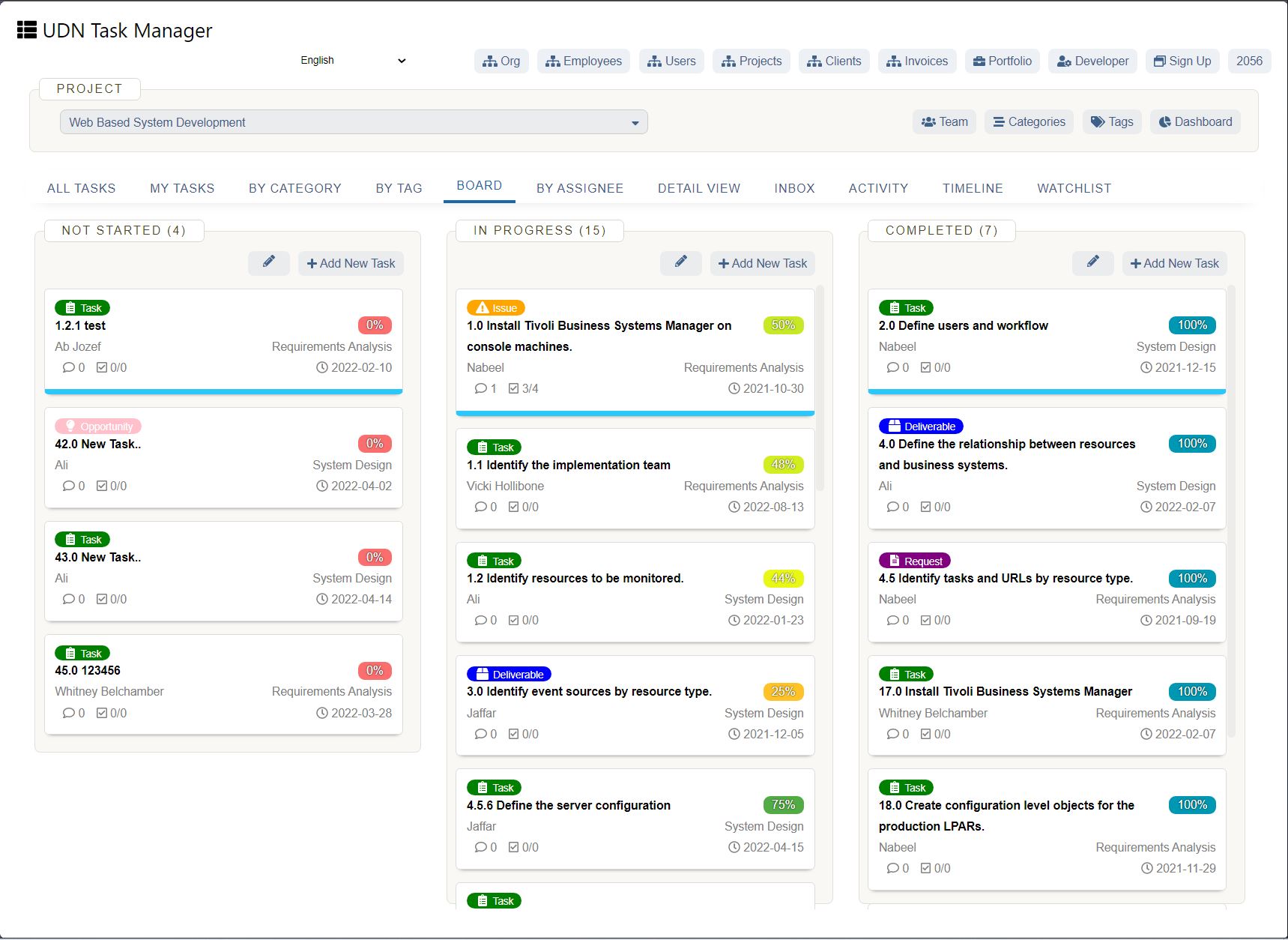
The consequences of a lack of communication in the workplace are challenging to measure because there are lots of direct and indirect ways it will impact teams. Circumstances matter too. But in general, what we know for sure is that poor communication skills at work are never positive.
According to USA Today , “28% of employees cite poor communication as the reason for not being able to deliver work on time”. Imagine creating the perfect project plan, avoiding and minimizing roadblocks, only to discover completely preventable issues such as miscommunication have derailed your team. Removing the possibility of poor communication from the equation improves project delivery, but it also makes dealing with those other issues so much simpler.
Another study by SHRM pointed out that miscommunication within projects was one of the most costly mistakes a business can make. Their research showed “the average loss per company of $62.4 million per year because of inadequate communication to and between employees”.
There may already be examples in your projects of this happening on a small scale. Issues such as incorrect orders, waiting around for other people to make decisions, and even missing a single client email can cost hundreds of dollars for the smallest of businesses. If there’s an issue with your profits, chances are it can be traced back to poor communication in some form or another.
And last but not least, one of the biggest consequences of a lack of communication in the workplace is the destruction of employee morale. A Gallup Journal article pointed out that growth and revenue largely depend on communication between companies and their employees. In fact, “ 74% of employees have the feeling they’re missing out on company news because the internal communication department is non-existent or doing a poor job.” And when employees feel disconnected from a company’s purpose , they are often disengaged, unproductive, and unmotivated.
Examples of poor communication in the workplace
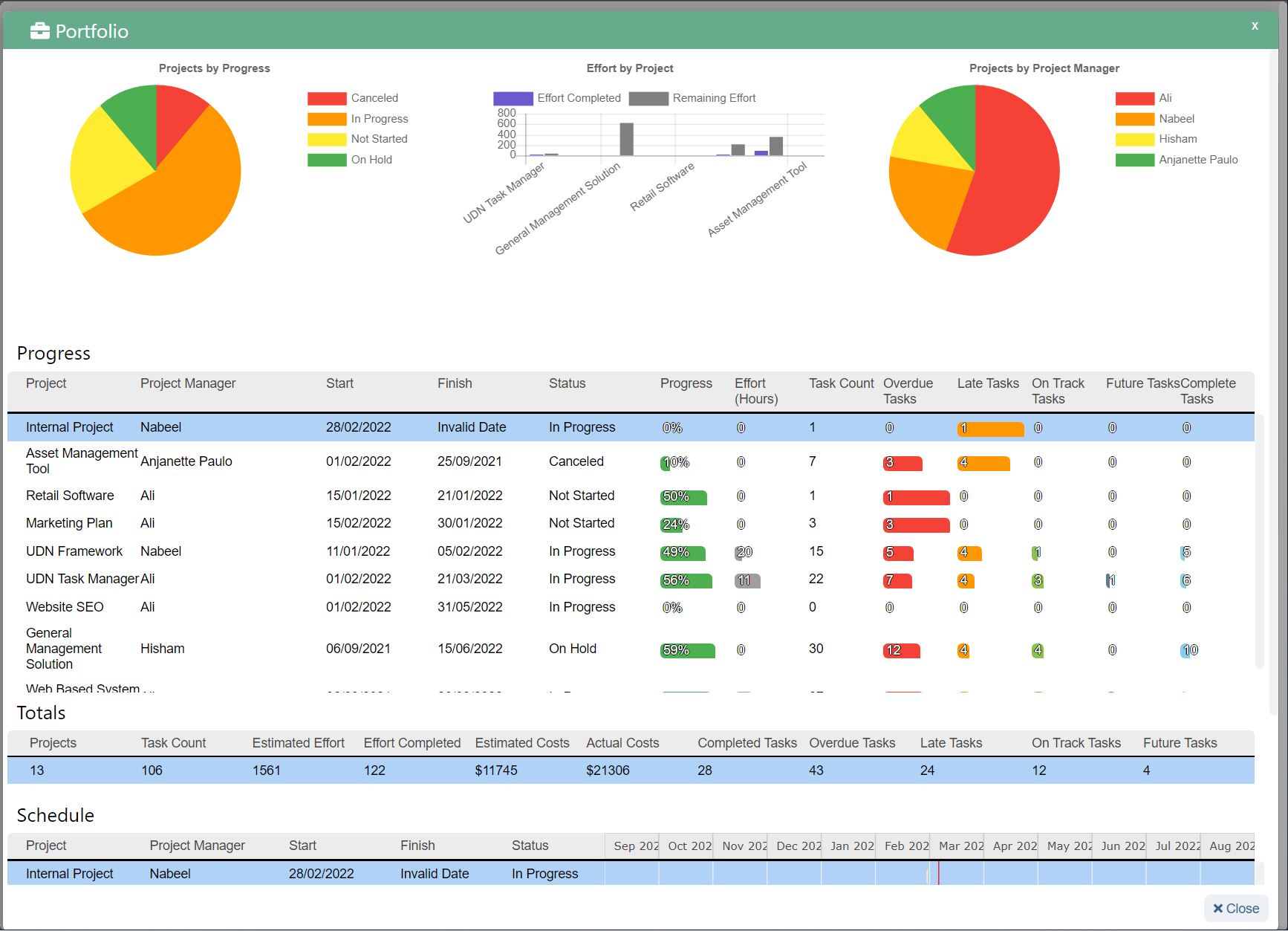
Bad business communication occurs when a company doesn't have a system in place to deal with incoming orders. Without communication with the customers, the company is likely to lose business.
A one-way street in this context is when a member of the team only contacts their business associates when they need a favor or some ideas. This behavior undermines their communication skills and breeds distrust or resentment among the rest of the group.
A cold shoulder is the equivalent of ghosting someone in the workplace. It typically looks like a person intentionally or unexpectedly declining to respond to calls or emails sent by another team member, manager, client, or stakeholder .
Team members who are passive-aggressive deliberately avoid interacting with their co-workers. This behavior can be caused by intentionally avoiding a co-worker or making off-color remarks that undercut someone else’s efforts.
Intimidation tactics can create a toxic work environment. Examples include ultimatums, placing blame on others, and threats to an employee’s financial livelihood. Not only is this unethical, but it also leads to high turnover rates.
A failure to accept responsibility for one's actions shows a lack of responsibility. Believing that others are responsible for their actions shows a lack of compassion and understanding. Neither is productive in the workplace.
Leaders and employees who fail to listen to others are not only disconnected from their conversations but are also engaging in poor communications.
In general, these behaviors can have a negative effect on how people feel about their colleagues and team leaders. While many of these scenarios aren’t too difficult to avoid, they can add up over time.
Some of these actions may not be considered offensive or aggressive on their own. But letting them pile up can create hostility among collaborators over time.
Even if you can’t micromanage every email, text, and call, you can put tools in place that make communication streamlined and transparent.
How to avoid miscommunication in project management
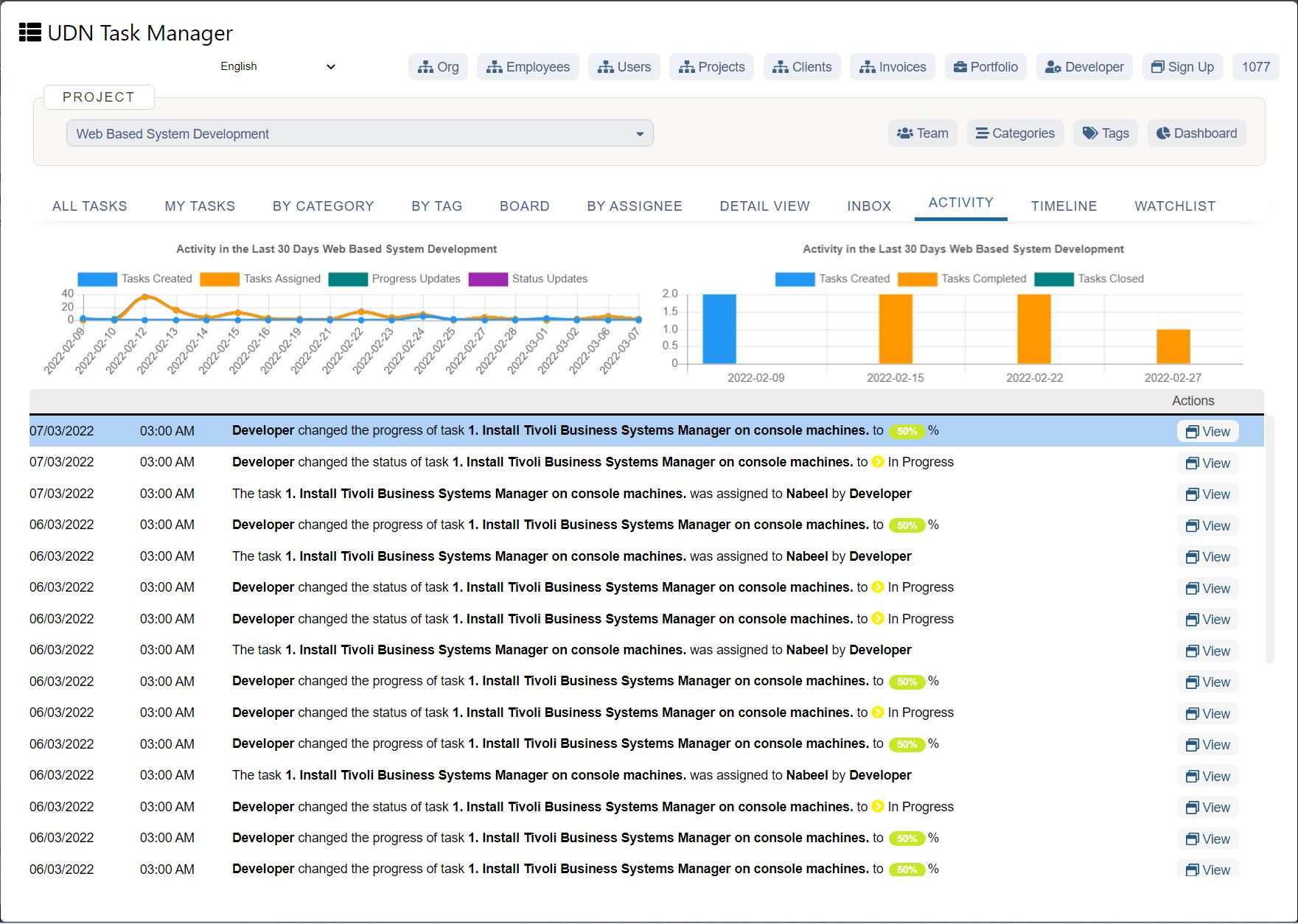
Agile development is a favorite among modern software-development teams that want to avoid miscommunication altogether while managing multiple projects . Agile tools such as UDN Task Manager help groups work together seamlessly and deliver results faster than those that follow other methodologies. One of the ways it does that is through clear project planning .
UDN Task Manager enables you to structure and manage your work in Agile using visual data representations such as graphs and charts. Tools like ours will help you prioritize your backlog and set up sprints, manage your meetings, and report on progress. This allows individual users to organize their own personal workflows and prioritize their backlog for sprints ahead of time.
UDN Task Manager also simplifies the process of updating team members. Its activity stream offers a live feed that shows all project updates. Other features such as automated notifications make keeping up with project developments seamless.
Want to improve communication between clients and your team ? UDN Task Manager ’s work-intake forms are designed to help teams organize and manage incoming requests. They also help teams plan and collaborate on shared projects, finding opportunities for overlap whenever possible to save on resources.
When it comes to getting work done, UDN Task Manager makes it possible for teams to stay organized. Individuals can update their workflows and share them with others. Doing this makes it easy for management to keep track of progress across the entire team. It also clears up any confusion around roadblocks, project updates, and the occasional PTO.
UDN Task Manager also helps teams communicate with stakeholders. For example, users can submit bug reports to external stakeholders who can help solve the problems. Management can adjust settings into project plans so that partners have a peek into progress without seeing any information that is too sensitive.
Even if you only use UDN Task Manager ’s predefined workflows and dashboards that help monitor your progress, it’s a lot easier to avoid poor communication at work when you use our tool.
Ready to streamline operations and improve productivity teamwide? Start your free two-week trial of UDN Task Manager today.











